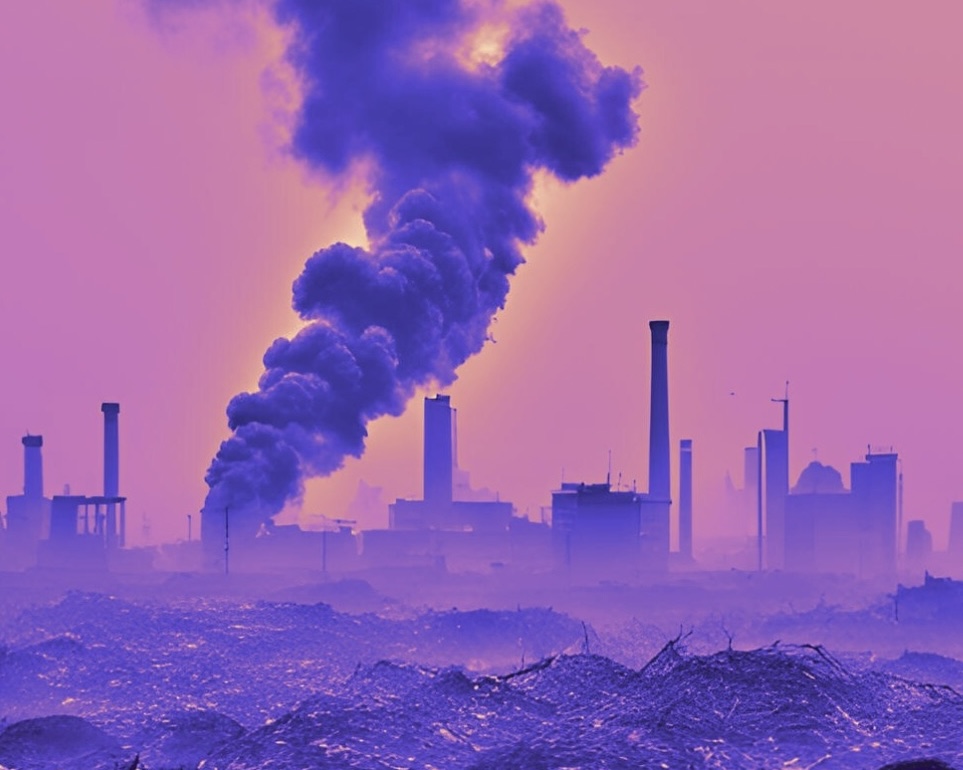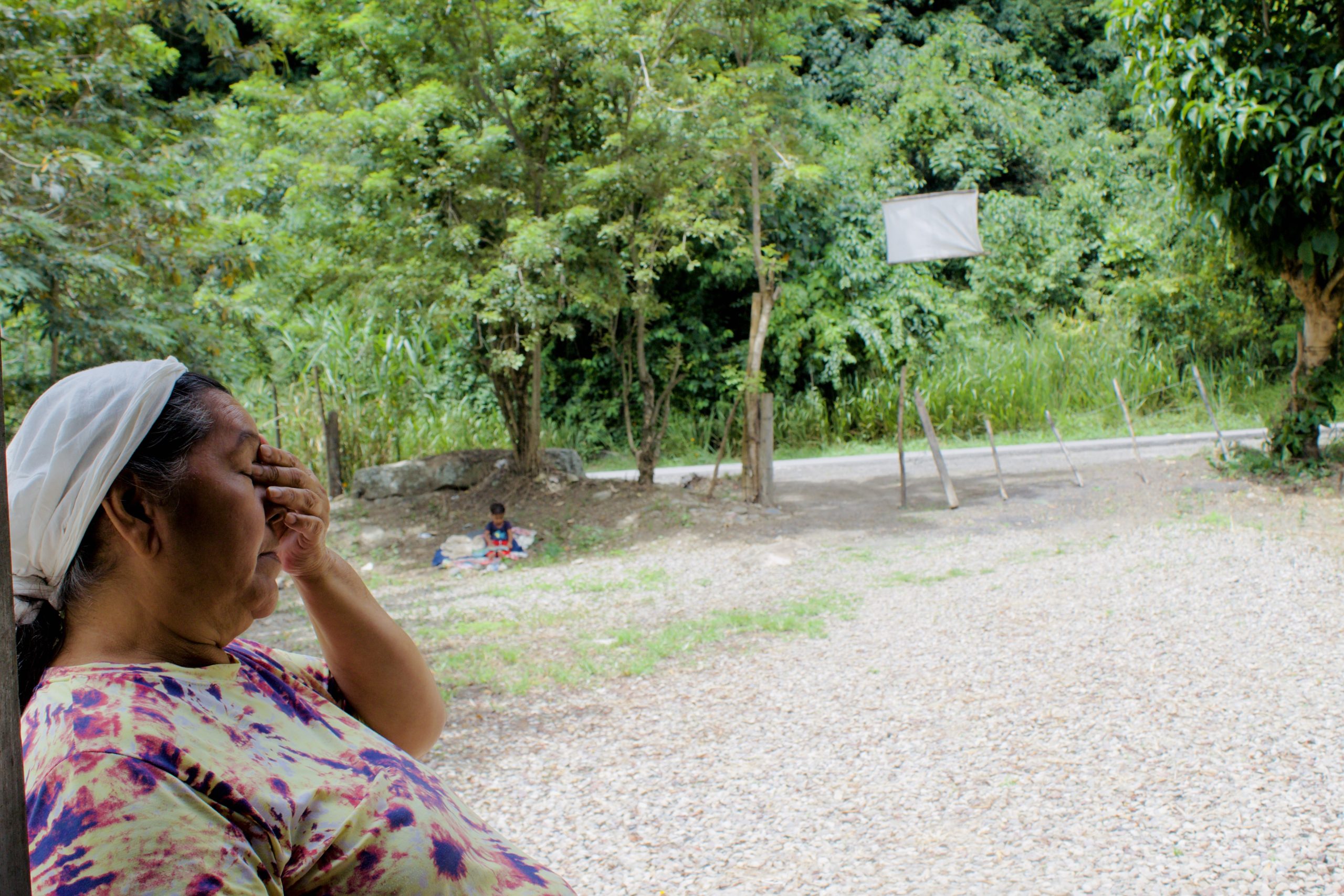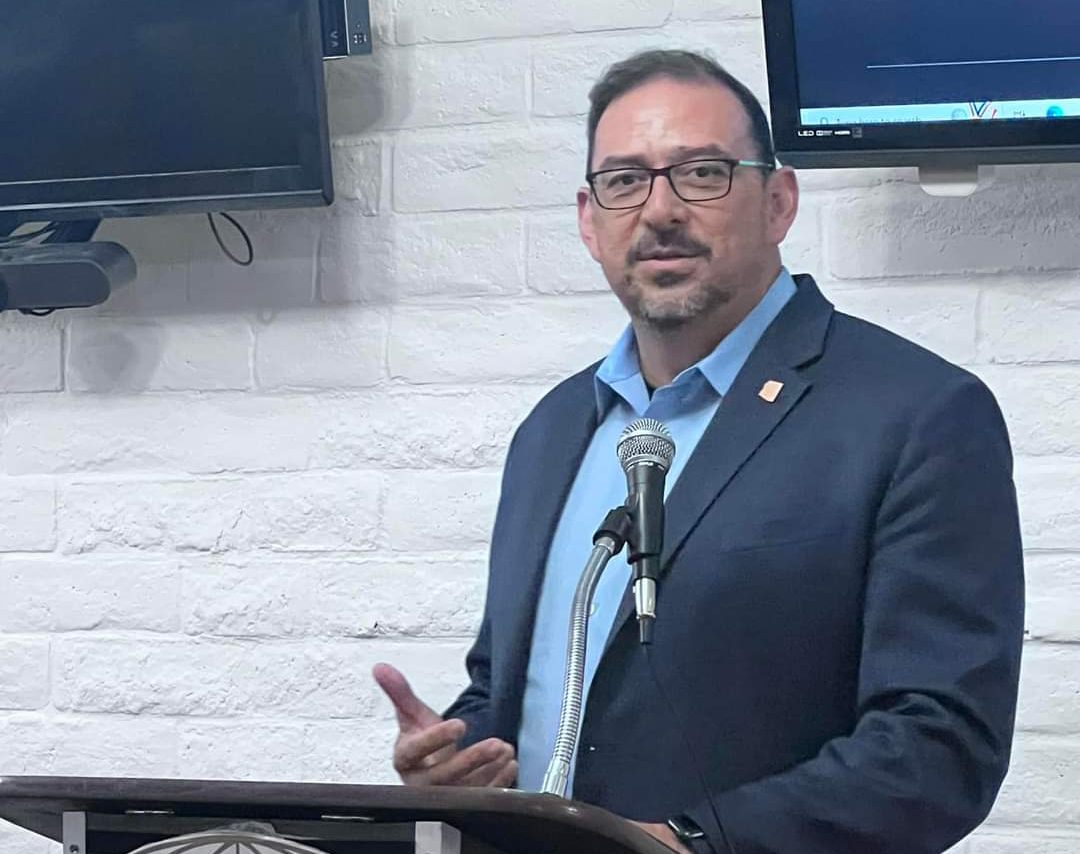In neighborhoods like mine, the Southeast Side of Chicago, the impacts of pollution are impossible to ignore. We are surrounded by industry in ways other Chicago neighborhoods will never experience. We need to change our zoning laws to break down these sacrifice zones that were born out of segregation, and we can’t continue to wait to make this happen.
Our city’s urban planning and zoning laws are written to serve the industry’s interests without considering how public health could be put at risk. They were put in place akin to redlining in that the rules were meant to keep industry contained in specific communities. Chicago is a segregated city, and that is clear when you look at where industry is allowed to accumulate.
The city government is looking at a significant overhaul of these rules for the first time. It’s also important to remember that the consequences of these racist laws have been severe, with residents suffering from higher rates of asthma, cancer, and other illnesses because of toxic pollution in our air, water, and soil. This is a profound injustice that continues to hurt people in very real ways.
The City of Chicago has agreed to make some serious changes because of a civil rights settlement with the Department of Housing and Urban Development (HUD).

(Credit: Ivan Moreno/NRDC)
Many issues demand the attention of our city government, but many of these issues are connected in how they impact communities of color. We shouldn’t see these as competing issues but rather as solutions to some of the root causes of inequality in
Chicago.
The case of environmental racism in Chicago’s Southeast Side is clear. The community’s fight against the relocation of General Iron, a polluting metal-shredding facility was about protecting their health and an opportunity to challenge a system that has been stacked against us.
This fight underscores the necessity for a city-level ordinance to address industrial pollution’s cumulative impacts. Such an ordinance would require city planners and industries to consider the total pollution burden on a community before permitting new developments or industrial operations. Assessing projects in isolation is not enough. The compounded effects of multiple sources of pollution can be devastating, and current piecemeal approaches fail to capture this reality.

The Chicago City Council reportedly plans to introduce an environmental cumulative burden law as part of the binding agreement with HUD. The law aims to protect neighborhoods from the cumulative impact of environmental burdens by establishing new governance structures, authorities, and resources.
The Natural Resources Defense Council is still waiting for language for an ordinance and an introduction in city council.
Implementing a cumulative impacts ordinance would significantly shift how cities manage development and environmental regulation. It would empower communities, often sidelined in the planning processes, to have a say in the projects that affect their lives. More importantly, it would force industries and policymakers to reckon with their decisions on health and environmental costs.
This would be a first-of-its-kind ordinance for Chicago and the rest of the country. While similar laws exist in other cities, Chicago environmental justice advocates hope that this law will go deeper and be more comprehensive than others. Ultimately, we hope this new law will protect us from projects like General Iron, the invert mining project, and other industrial projects that put our health at risk and add to an already incredibly long list of existing facilities in neighborhoods like mine.
The benefits of such an ordinance extend beyond environmental and health outcomes. Economically, communities free from disproportionate pollution burdens can thrive. Property values can improve, public spaces can flourish, and residents can enjoy a higher quality of life. Local communities would have a voice in the developments next to our schools, homes, and parks.
Moreover, a cumulative impacts ordinance would serve as a preventive measure against future legal and civil rights challenges. As seen in Chicago, the failure to address environmental injustices can lead to federal interventions and costly settlements.
The road to implementing these changes is undoubtedly challenging. It requires reevaluating deeply entrenched systems and dismantling long-standing barriers.
As we consider our city’s future, we must prioritize the voices of those most affected by historical injustices. Implementing a cumulative impacts ordinance is not merely a policy change—it’s morally right. It’s a commitment to building cities that respect and protect all residents, regardless of their zip code or skin color.
This is our opportunity to redefine the foundational rules of how Chicago’s neighborhoods develop, ensuring they are sustainable, equitable, and just. The time for a cumulative impacts ordinance is now.

Gina Ramirez is the Midwest Director of Environmental Health for the Natural Resources Defense Council. Ramirez works to further sustainable land use and zoning rules that can provide crucial protections to areas of Chicago, like the Southeast Side, that are burdened with cumulative industrial pollution. She is an active member of the Coalition to Ban Petcoke and the Southeast Environmental Taskforce. Ramirez has a MA focused in sociology from Roosevelt University and BA in communications from DePaul University.
Publisher’s Note: Do you have something to say? We’re interested. Submit ideas for Opinion-Editorial essays and/or finished work to Info@LatinoNewsNetwork.com




